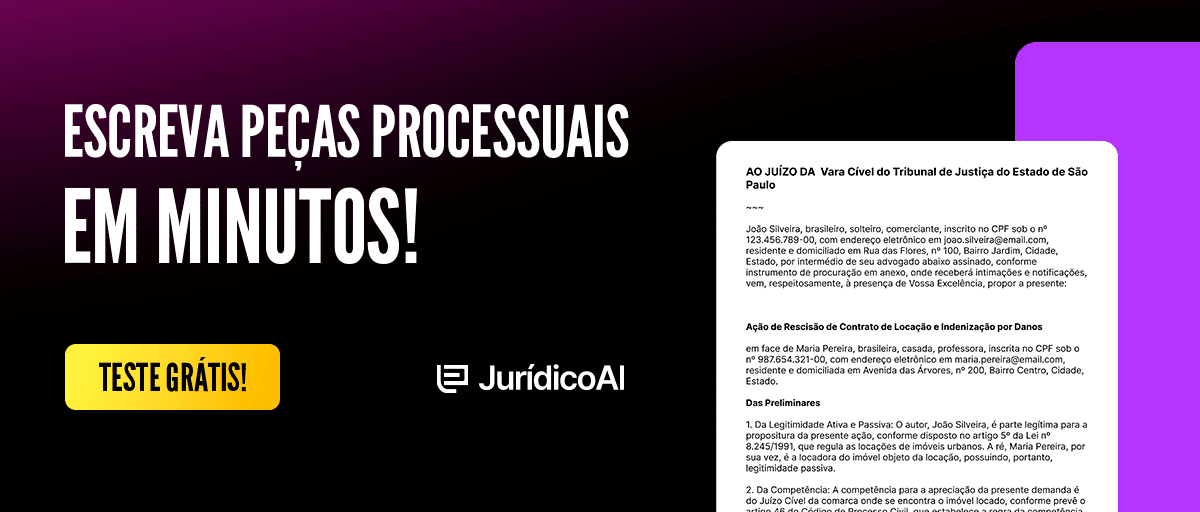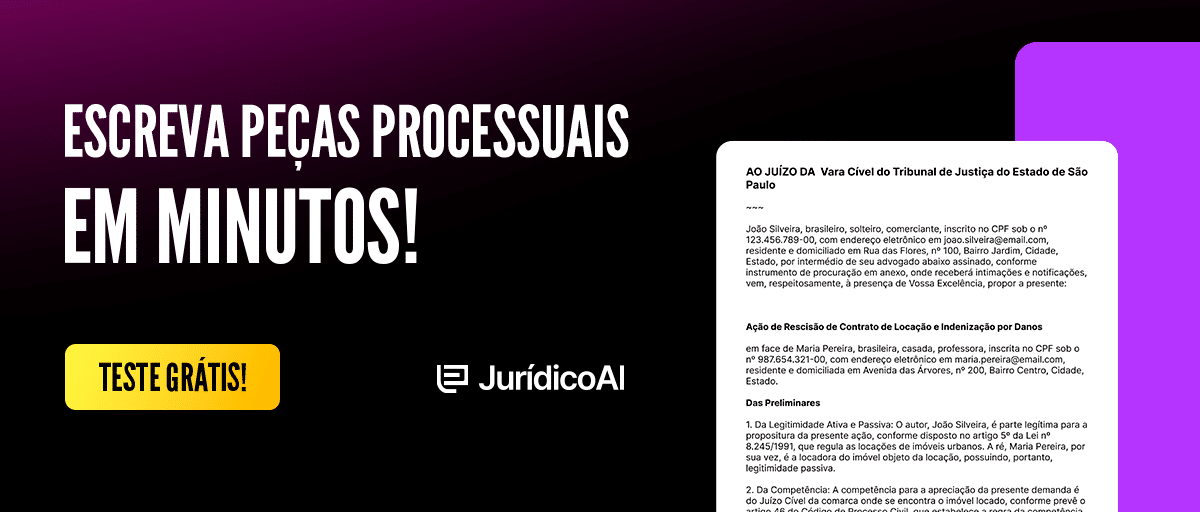Article 523 of the Civil Procedure Code (CPC) addresses the enforcement of judgments involving a specific sum, ensuring that the debtor complies with the court’s decision to secure payment.
We will discuss the key points of Article 523, including its consequences, the penalties involved, and the actions to be taken if payment is not made correctly.
What does Definitive Sentence Fulfillment refer to?
The enforcement of a judgment is when a court decision is put into action to ensure that the debtor follows the ruling.
When a specific amount has been determined or is already known and the decision concerns an undisputed claim, the debtor must make payment within 15 days, in accordance with Article 523 of the CPC.
Upon a conviction for a specified sum or one that has already been determined, as well as in cases of uncontested decisions, the enforcement of the judgment will be carried out upon request of the party seeking it. The debtor will be summoned to settle the debt within 15 days, along with any associated costs.
This article is included in the concluding phase of sentence execution, known as the final sentence fulfillment chapter, which takes place once all avenues for appeal have been exhausted.
If the debtor fails to make payment within the specified timeframe, the creditor can demand stronger actions to guarantee payment, as described in the subsequent sections.
The penalty for failure to pay
If the debtor fails to make the voluntary payment on time, Article 523, Section 1 imposes a 10% fine on the conviction value, along with attorneys’ fees of 10%.
If the payment is not made voluntarily within the specified period, a fine of ten percent and attorney’s fees of ten percent will be added to the debt according to Article 523, § 1, of the Civil Procedure Code.
This mechanism is designed to promote voluntary adherence to the obligation, thus preventing the necessity of resorting to more severe actions for fulfilling the credit.

Art. 523, §2o, CPC: Incomplete payment
Article 523 of the CPC’s second paragraph discusses the scenario where the debtor makes a partial payment of the debt.
A partial payment must be made within the specified period in Art. 523, § 2o, CPC. If not, fines and fees stated in Paragraph 1 will be applied to the remaining amount.
If the debtor pays a partial amount within 15 days, the 10% penalty and attorney fees will apply only to the remaining balance.
Art. 523, §3 of the Civil Procedure Code deals with the situation of expropriation.
If the debtor fails to make the payment within 15 days, Article 523 allows the creditor to start seizing assets to cover the debt.
Expropriation is a severe action that could include seizing movable assets, property, or funds held in the debtor’s bank accounts.
This measure is highly significant as it guarantees that the creditor can pursue credit satisfaction, even if the debtor does not agree to pay willingly.
Let’s examine all the rules stated in Section 3 of Article 523 of the Civil Procedure Code.
If a voluntary payment is not made, a warrant for seizure and appraisal will be issued immediately under Article 523, § 3, CPC, prior to the expropriation process.

chsyys/ShutterStock
Do you comprehend Article 523 of the CPC?
Article 523 of the CPC is a crucial tool for guaranteeing that judgments are enforced for a specific sum.
Lawyers must understand the details of this article to effectively mentor or defend the debtor.
Understanding what Sentence Fulfillment entails and being aware of the associated deadlines are crucial.
When handling sentence compliance, it is essential for lawyers to carefully follow CPC Art. 523 and implement effective strategies to secure payment or reduce the debtor’s consequences.

What occurs if the borrower fails to make payment as per Article 523 of the Civil Procedure Code?
If payment is not received within 15 business days of the subpoena, an additional 10% fine and 10% attorneys’ fees will be applied as per Article 523 § 1.
What qualifies as a partial payment according to Article 523?
If the debtor pays a portion of the debt within the specified time, the penalties and charges will apply only to the outstanding amount, as outlined in Paragraph 2 of the article.
When can you request the debtor’s possessions?
If payment is not made within the specified time frame, the creditor has the right to request the pledging and assessment of goods, initiating the process of expropriation.
Is the 15-day term calculated based on business days?
Procedural time limits, such as those in Article 523, are calculated based on working days, as stated in CPC Article 219.
Is it required to request the start of the sentence?
Compliance with the verdict initiates the creditor’s actions, leading to the debtor being summoned to make payment within the specified timeframe.
What is the primary goal of the detailed mechanism and charges set forth in paragraph 1 of Article 523 of the CPC?
The primary goal of this system is to promote the debtor’s willingness to fulfill their obligation voluntarily, thus preventing the necessity of resorting to more severe actions to settle the debt.
When does the final execution of the sentence begin?
The sentence’s ultimate enforcement begins with the exequent’s request, requiring the debtor to settle the debt within 15 days. This occurs following the final judgment of the sentence, eliminating any further avenues for appeal.
What happens if the debtor fails to make the payment within the specified period in terms of expropriation of assets?
If the debtor fails to make the payment within the specified time, the expropriation of assets may include seizing movable property, real estate, or funds held in the debtor’s bank accounts.
In what other situations does Article 523 of the CPC apply to the debtor’s subpoena, aside from the correct payment amount?
Art. 523 of the CPC also covers summoning debtors in cases where the settlement amount has already been determined or in uncontested decisions.
Why is it important for lawyers to fully understand the details of CPC Art. 523?
Mastering the details of Article 523 of the Civil Procedure Code is crucial for lawyers to secure the enforcement of judgments involving specific amounts, whether advising creditor clients or representing debtors.
It is important to closely monitor the article specifics and implement the most efficient strategies to secure payment or reduce the consequences for the debtor.


